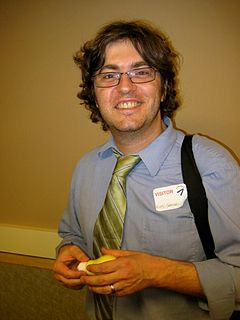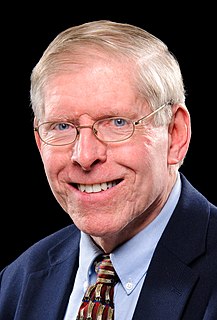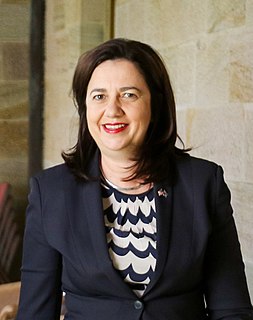A Quote by Howard Gardner
The biggest communities in which young people now reside are online communities.
Quote Topics
Related Quotes
Designing Online Communities is a must-have for anyone designing or researching online communities, particularly for learning. Owens' work is both comprehensive and eminently readable, a sweeping look at the technologies, design patterns, and cultural forms they produce that is both theoretically ambitious and grounded in examples and tools that will help you develop, research, and manage online communities.
I learned most of what I knew about online communities on The Well, and it was a good place to learn. The group of people in Sausalito and Bolinas who'd gotten the Whole Earth Catalog off the ground - a bunch of boomer hippies, intellectuals and nerds - established the 'Whole Earth 'Lectronic Link', and showed us what online communities were.
Latino actors and actresses have had to struggle for decades, but when I came around with Real Women Have Curves, attitudes were starting to change. We screened the film all over the world - in Jewish communities, black communities, Greek communities, German communities - and people across the board said, "That's my family."
Human beings need community. If there are no communities available for constructive ends, there will be destructive, murderous communities... Only the social sector, that is, the nongovernmental, nonprofit organization, can create what we now need, communities for citizens... What the dawning 21st century needs above all is equally explosive growth of the nonprofit social sector in building communities in the newly dominant social environment, the city.
Is it different to come out now than it was to come out thirty-five years ago? Sometimes. But if you come out now and you come from poverty and you come from racism, you come from the terror of communities that are immigrant communities or communities where you're already a moving target because of who you are, this is not a place where it's any easier to be LGBT even if there's a community center in every single borough.
We should not be living in human communities that enclose tiny preserved ecosystems within them. Human communities should be maintained in small population enclaves within linked wilderness ecosystems. No human community should be larger than 20,000 people and separated from other communities by wilderness areas. Communication systems can link the communities.



































